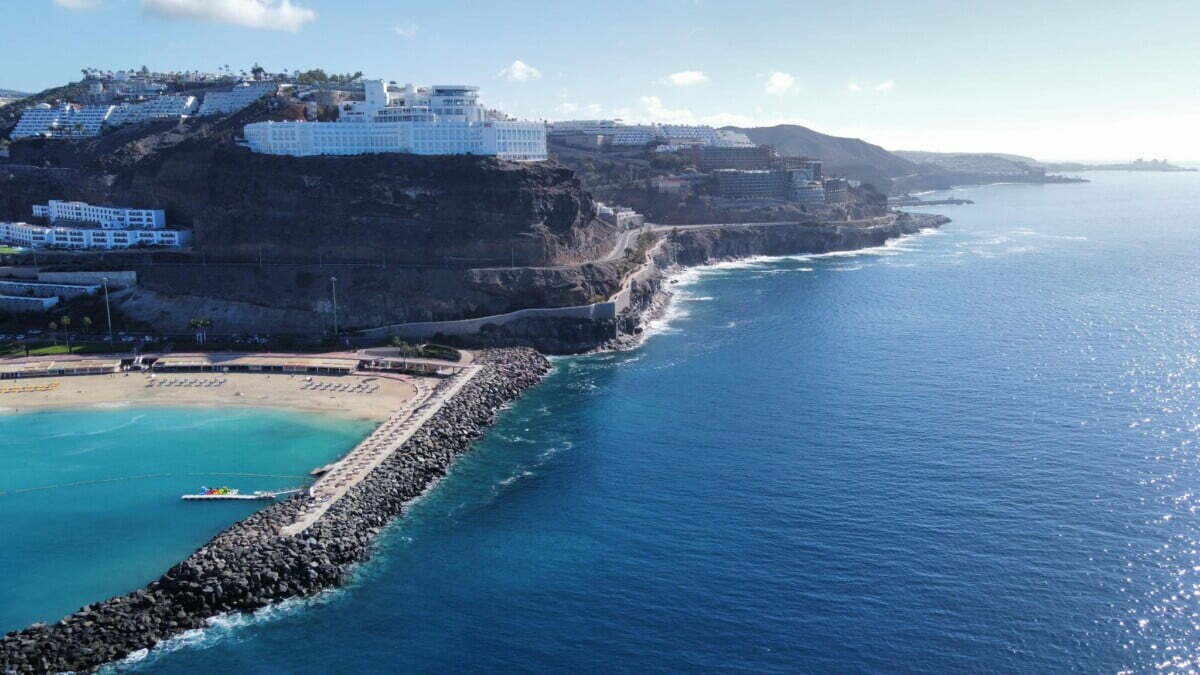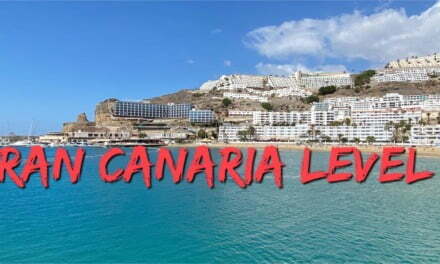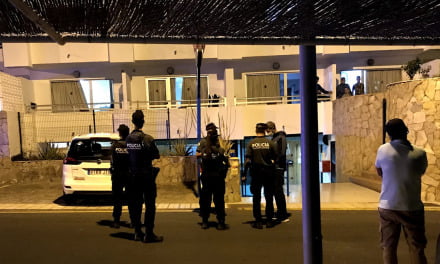Brits wanting to buy a property in the Canary Islands must now get specific permission from Spain’s Ministry of Defence, since January 1, following Brexit, when British subjects officially went from being EU citizens to being considered foreigners. Under Spanish law, Third Country Nationals, like the British, who wish to purchase a house, or any other rustic or urban property, in areas and facilities designated of interest for national defence must get prior military authorisations before any sale can be completed. The simple fact is that the two Spanish archipelagos —The Balearics and The Canaries— are areas declared of interest for national defence, and as such, access to property is limited in the case of all foreigners who are not EU citizens. The law in question was established in March 1975, just months before the death of military dictator Franco, who sanctioned it, and it is still fully in force to this day.
The law in question (8/1975, of March 12) regulates all areas and facilities of interest to national defence and was brought into force by Royal Decree 689/1978 eight months before the Constitution of Spain was approved. It defines places that are especially relevant or sensitive for national security, considering it necessary to restrict or control access by outsiders. All frontier territories in Spain, including islands and islets, are designated “areas of restricted access to property by foreigners.” Nearly 20% of Spain’s 8,000+ municipalities could be affected by this law, but in particular all of those in The Canary Islands and The Balearics would be included.
This in essence implies that any citizen of a third country needs approval from the Defence Ministry including Brits wanting to buy a flat, a house, any dwelling, premises or even a garage in the Canary Islands. And the authorisation must be prior to purchase, Dean of the College of Registrars for the province of Las Palmas, Rafael Robledo, has emphasised. In other words, these military permits are seen as a sine qua non condition for any sale, the latin legal term for “an indispensable and essential action requirement” prior to the closing of any sale of property, so it is not an action that can be performed retroactively, as with many other types of licence that some purchasers try to obtain afterwards, to do so in this case, theoretically, risks invalidating the sale.
The requirement is not only for individuals, but also for companies.
Both Private and Corporate property purchases require authorisation. Should a London-based multinational or investment fund seek real estate in the Canary Islands Archipelago, it would also need to request authorisation from the Ministry of Defence. This procedure was not required of Brits wanting to buy before December 31 2020, when they still retained all their rights as citizens of the European Union. But Brexit has had ever clearer consequences, not all of which have been fully appreciated from the outset.
All nationals of EU Member States, as well as those from Iceland, Norway and Switzerland, with whom there is a special agreement in place, are also considered nationals for the purposes of this law that regulates areas of interest for national defence. But since the UK is no longer a Member State, and furthermore, “There is no specific provision on civil cooperation” detailed in the London Withdrawal Agreement, says Enrique Maside, director of International Relations of the College of Registrars of Spain, “rules relating to the services and investment regime and liberalisation of capital movements in the agreement do not justify equal treatment of British citizens in the acquisition of real estate subject to restrictions for reasons of national defence”. In an article published by the College of Registrars Maside says that those who want to buy a second residence on the islands must first have military authorisation.
Two specific exceptions to the need for authorisation permits
There are in fact only two exceptions to this law, which would permit a British buyer to avoid having to apply for the military permit. If the property is already governed by a regional or local general management plan, that includes a favourable report from the Ministry of Defence, then this could already be covered by an implicit permit. Or, if the property is in an area already covered by a preceding piece of legislation, Law 197/1963, which established areas of national tourist interest under the Franco regime, then this permit from the Ministry of Defence would also not be required, however there are very few such areas that were designated in the Canary Islands Archipelago. Those that were approved, on these islands, between 1964 and 1975 include just five areas on the island of Tenerife; and on Gran Canaria the Costa Tauritos, on the coast of the southwestern municipality of Mogán.
There is some debate as to whether the law will be enforced, or indeed if it will only applied to rural properties, as opposed to those designated as urban and under an appropriately approved general management plan, it is imperative that property purchasers seek accurate legal advice before entering into any contract to buy, and ensure that everything is being done correctly. Even a notarised sale can be reversed if found to be lacking the correct authorisation, which would necessitate a reselling of the property once the correct paperwork had been obtained. Those who have been verifiably residing in Spain, permanently, for more than 10 years, can also seek Spanish national status, though that in itself could take a minimum of six months to complete. Which ever way you look at it there is a potential for added expense, that could be prohibitive if not handled correctly.
Criminal record
As well as this requirement, and until there is some sort of bilateral agreement between between the UK and Spain, Brits wanting to buy here on the islands will have to apply to the Ministry of Defence, including a full plan of the property and also a certificate that the buyer does not have a criminal record, which is seen as fundamental when it comes to dealing with issues of national defence. The British are among most prolific foreign buyers of houses in the region, although in recent years Italians purchasing property have rivalled them with equal numbers of purchases completed. Most British buyers have historically sought second homes for holidays and their use after retirement.
On another note: the impact of ‘Brexit’ on pharmacies
As the United Kingdom no longer belongs to the European Union, once other Brexit related change has also recently come to light, in connection to article 15 of Royal Decree 1718/2010, of December 17, which deals with medical prescription and dispensing orders. On the basis that prescriptions issued by doctors in the United Kingdom are now no longer valid for Spain. The Spanish Medicines Agency has pointed out that pharmacists may need to consult in order to minimise the impact of ‘Brexit’ as they may not be allowed to legally dispense to Brits without the correct paperwork in place.













